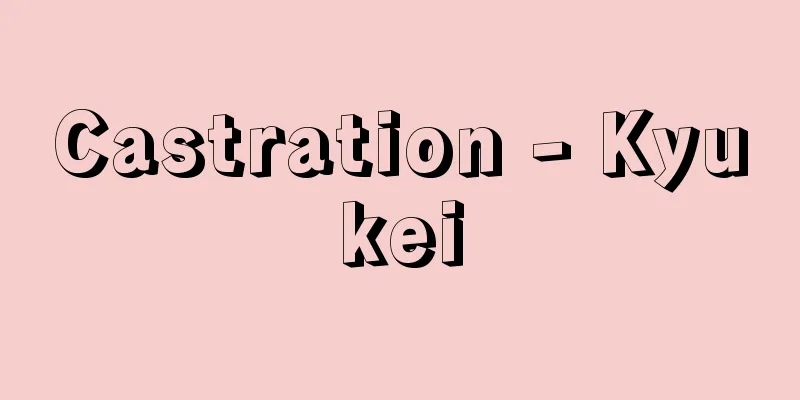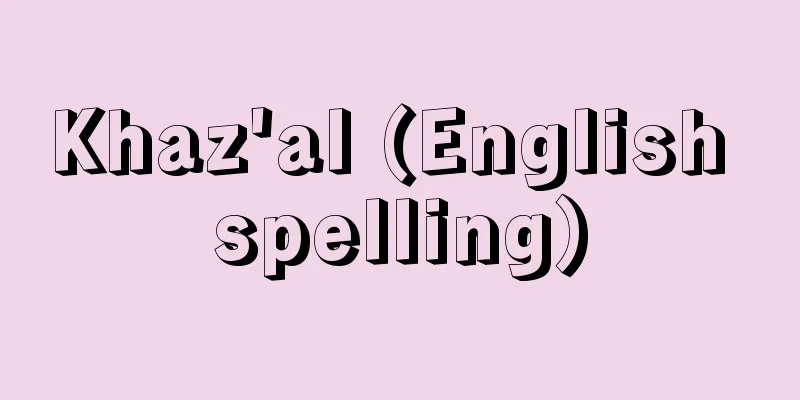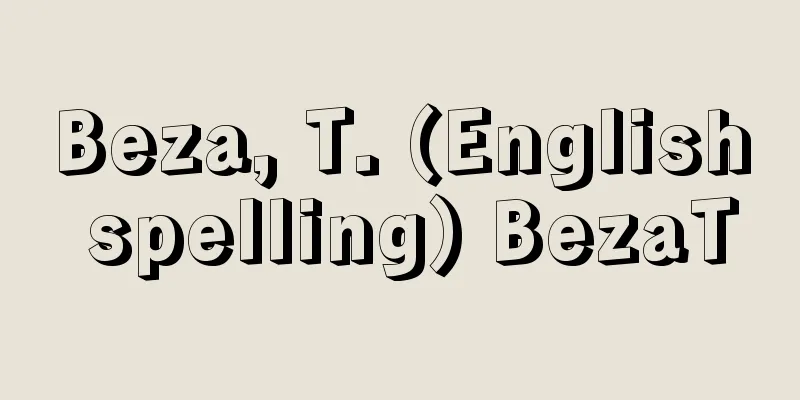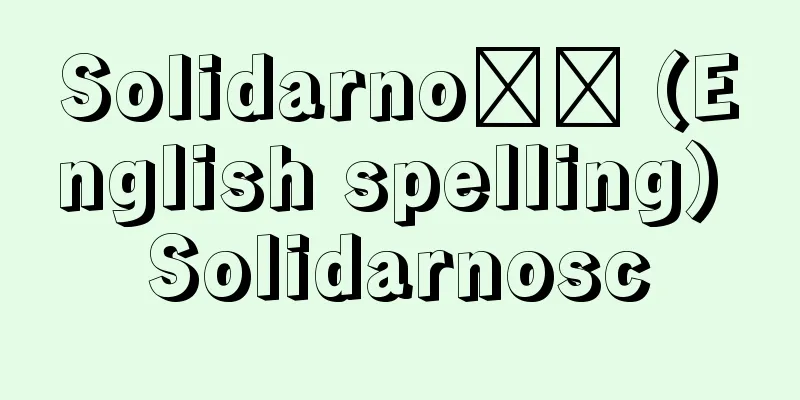Castration - Kyukei

|
One of the five ancient Chinese punishments (tattooing, cutting the nose, slashing the legs, death, and palace). Also called simply palace. A type of corporal punishment that disables reproduction. It was mainly imposed on those guilty of lewd sins, with men being castrated with drugs and women being prevented from attaining sexual maturity. The article on the five punishments in the Shun Classic of the Book of Filial Piety is said to be the oldest, and it is said to have been established based on the theory of the five elements, as seen in the Enshenqi chapter of the Book of Filial Piety, which states, "The sage controls the five punishments in accordance with the five elements," but it is also said to have originated with the Miao people. [Hoshi Hideo] [Reference] |Source: Shogakukan Encyclopedia Nipponica About Encyclopedia Nipponica Information | Legend |
|
中国の古代の五刑(入墨(いれずみ)、鼻を截(き)る、足筋を斬(き)る、死、宮)の一つ。単に宮ともいう。肉刑の一種で、生殖作用を不能にする刑。おもに淫罪(いんざい)に科し、男子は薬をもって去勢し、女子は入精の道を閉ざす。『尚書』舜典(しゅんてん)の五刑の記事が最古といわれ、『孝経(こうきょう)』援神契篇(へん)に「聖人、五行に則(のっと)りて以(も)って五刑を制す」とあるように五行説に基づいて定めたといわれるが、また、ミャオ(苗(びょう))族に始まったものとも伝えられる。 [星 斌夫] [参照項目] |出典 小学館 日本大百科全書(ニッポニカ)日本大百科全書(ニッポニカ)について 情報 | 凡例 |
Recommend
Now the Emperor
〘 noun 〙 The temporary imperial palace that was us...
"Ikuta River"
…Kan'ami's "Kyotsuzuka" is a ma...
Morozov, B.
…Father of Peter I. The resentment of the city re...
Sterling Area (English spelling)
...countries whose national currencies are linked...
Thiobarbiturates
...It has all the advantages of other volatile an...
Noble - Kishu
〘 noun 〙 Born into a noble family. Noble bloodline...
Moon
〘noun〙[1] The celestial body moon. Also, the thing...
Family status - Kakaku
Also called family rank. Family status. Refers to ...
Kajikawa
A former village area in northern Niigata Prefectu...
Ul'yanov, Aleksandr Il'ich
Born: April 12, 1866, Nizhny Novgorod [Died] May 2...
Philips (English spelling) Koninklijke Philips NV; Royal Philips
The largest general electronics manufacturer in Eu...
Perfect Aspect
…Aspect is a grammatical category of verbs. It is...
Announcement
When transferring (selling) stocks, etc. in Japan,...
Delphi - Delphoi (English spelling)
A polis (city-state) famous for its ancient Greek...
Memorial service for Zen Master Eisai
...In the Honganji and Takada sects, a memorial s...









